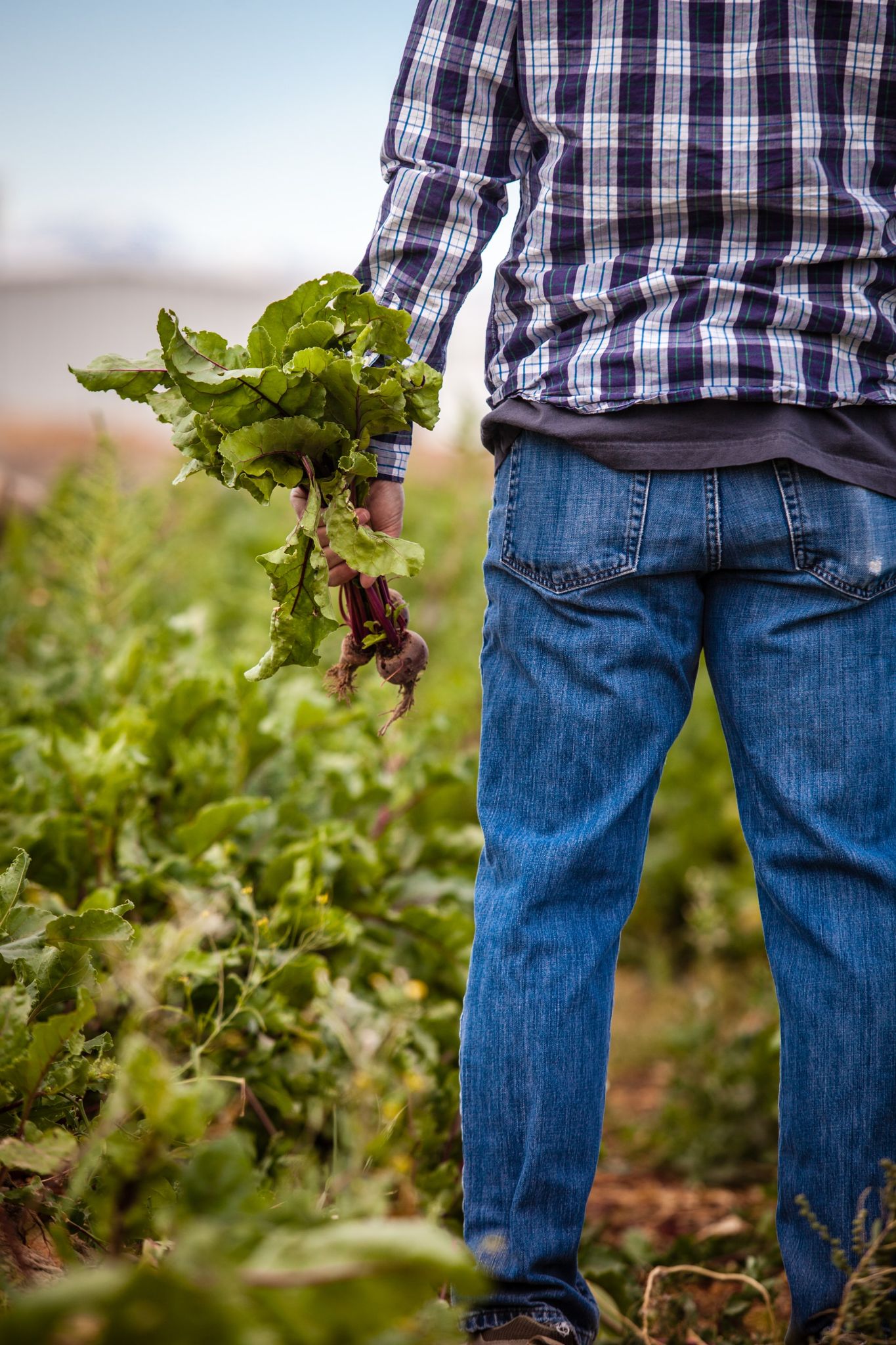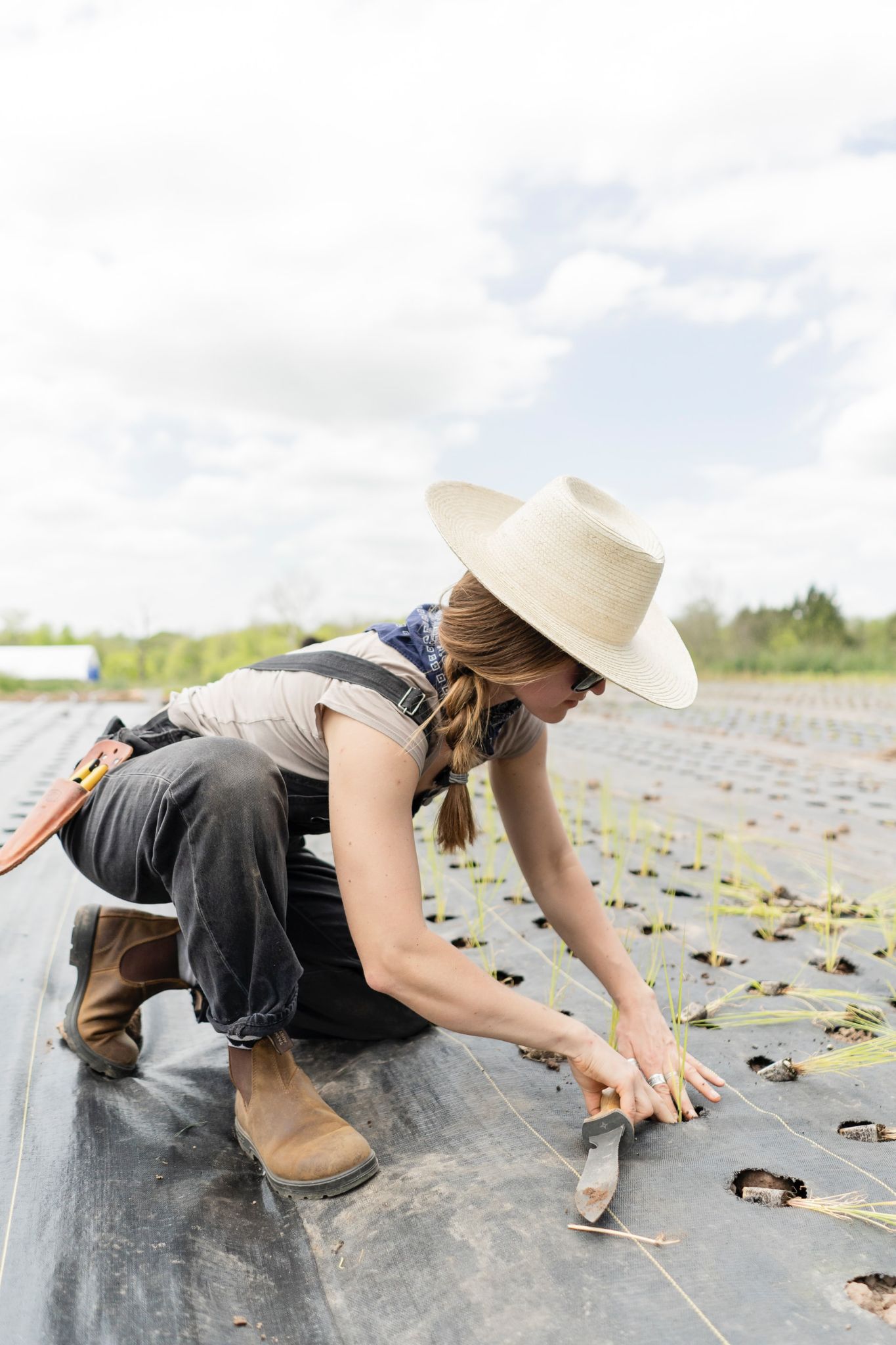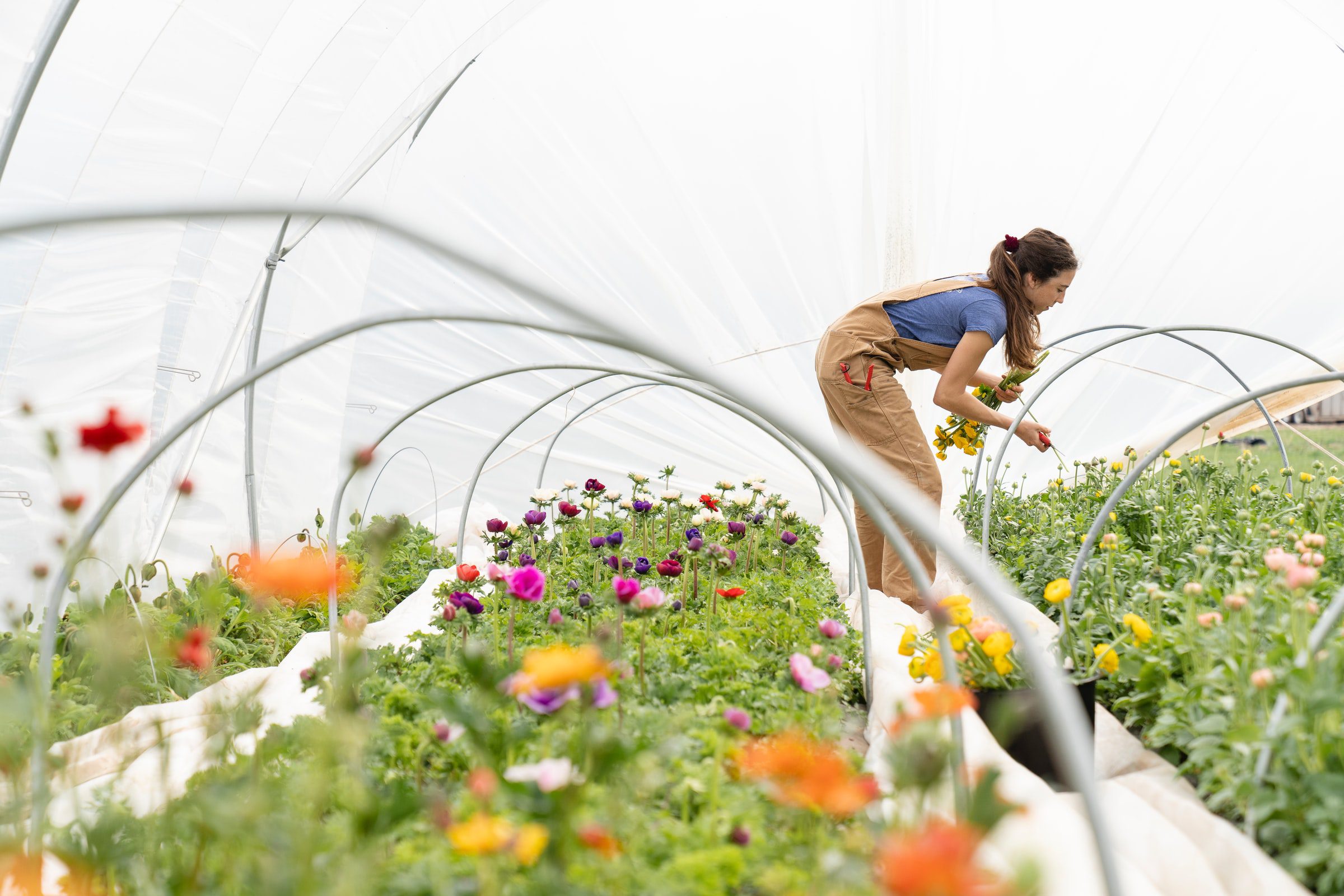North Carolina-based chemical company BASF has announced new ways to help farmers implement more sustainable agricultural practices. By 2030, the company will have more than 30 research and development projects in place to encourage the green use of its products, seeds, seed treatment, and chemical and biological solutions. BASF has also committed to new sustainability targets by the end of the decade: farmers will be supported as they try to reduce their carbon emissions by 30 percent per ton of crop produced. The company is also focusing on more biodiversity, reduced food waste and overall higher yields.

Importantly, BASF hopes to connect all farmers with digital tools that can help reduce waste while increasing crops. Such digitalization helps farmers become more efficient at using resources while remaining profitable. Essentially, it allows farmers to produce more with less yet still makes a profit. This critical approach has a positive impact not only on the environment, but also, on the economy. With a peak sales potential of more than $8 billion in the United States alone – and a skyrocketing global demand for food – it’s a wise and necessary new way of doing business.
As the consumer demand for sustainably produced food grows, BASF understands that farmers have to overcome massive economic and environmental challenges to feasibly meet those standards. Over the next decade, BASF will increase its sales share of sustainability-driven solutions by seven percent.
“BASF leads in solutions for sustainable agriculture. In addition to developing innovations, we also provide a connected offer, combining effective products as well as new technologies and services, tailored to farmers’ needs,” said Paul Rea, senior vice president of BASF Agricultural Solutions North America. “Sustainability is ingrained in our entire research and development process. It leads the way in how we develop our innovations, which help farmers produce more crops and increase efficiency while preserving natural resources.”
In addition, BASF has partnered with Bosch for a global approach to smart farming solutions. The solutions were recently approved and the partnership launched the new technology known as Smart Spraying in June 2021. Smart Spraying reduces the number of herbicides applied to plants by recognizing which plants are weeds and crops. This method protects the soil, water runoff, plants, birds, animals, and insects.
As companies like BASF rise to the challenge of helping farmers make cleaner, greener choices to grow food, the entire planet becomes a more sustainable and healthy place – ensuring the longevity of the food supply.

“Farming is fundamental to the world’s wellbeing. Over the coming decades, our agricultural food system will undergo an accelerated transformation to provide access to enough healthy and affordable food for a growing world population. At the same time, we will need to mitigate its impact on our planet. This transformation is driven by the call for better yield – yield produced in ways that are recognized as valuable by society, are kind to the planet, and help farmers earn a living,” said Vincent Gros, president of BASF’s Agricultural Solutions Division. “With our connected offers, we support farmers around the globe in doing the biggest job on earth to jointly create a positive impact on the agricultural food system.”





